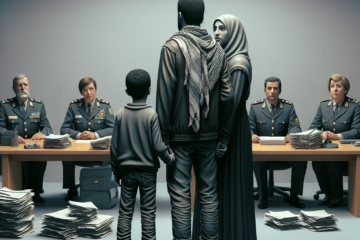Judicial review is a legal process where a court reviews the decision of a governmental body or officer. In the context of a refused Canadian visa, a judicial review is an examination by a court of the decision made by a visa officer of Immigration, Refugees and Citizenship Canada (IRCC).
If a visa application is rejected, the applicant has the right to request a judicial review of the decision in the Federal Court of Canada. However, the Court does not re-assess the visa application. Instead, it reviews the process that led to the decision to ensure that it was made fairly and in accordance with the law. It checks for things like procedural fairness, jurisdiction, reasonableness, and correctness.
Some key points to consider:
- Leave: Before the judicial review, the applicant must first apply for ‘leave’ from the Court. The leave stage is where the Court determines whether there is an arguable case. If leave is granted, the judicial review will proceed. If leave is not granted, the decision stands.
- Lawyer Representation: Since the process is highly technical, it is generally advised to seek the assistance of an experienced immigration lawyer.
- Deadlines: There are strict deadlines for requesting a judicial review, often within 15-60 days from the date of the decision, depending on where the original application was decided.
- Possible Outcomes: If the Court finds that the decision was unfair or incorrect, it may set aside the decision and refer it back to IRCC for reconsideration, often by a different officer. If the Court upholds the decision, the refusal stands, and the applicant would need to consider other options, such as reapplying or appealing through other routes.
Please note that as of my knowledge cutoff in September 2021, it’s important to verify these procedures with the latest regulations or a legal professional for the most accurate and current advice.



0 Comments